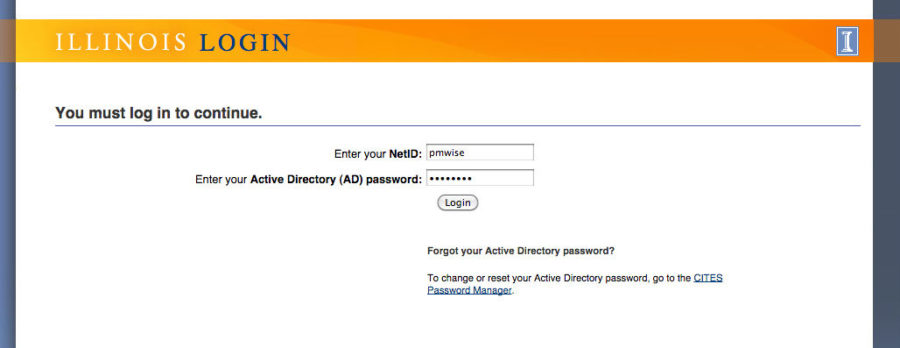Salaita’s lawsuit against University of Illinois has merit
November 19, 2014
On Monday, Steven Salaita filed a lawsuit against the University of Illinois, claiming that the denial of a request under the Illinois Freedom of Information Act was illegal. The rejection of Salaita’s faculty appointment was part of a controversy earlier this year.
Salaita’s request was for the email correspondence of 15 University officials containing at least one of 14 keywords over a one-month period, according to the lawsuit. This was a request that had been narrowed multiple times to become more specific.
Still, the University claimed the request was “unduly burdensome” (in other words, it was too much work) and denied the request. Salaita claims to have never received a response to his most recent request.
As journalists, we are familiar with Freedom of Information Act, as well as the University’s public records office. We have had similar requests denied for the same reason.
We believe in public access. We want transparency. We support the members of the public who seek public information, and we believe that Salaita’s request should have been fulfilled.
Get The Daily Illini in your inbox!
We’ve never quite understood how the University’s FOIA office decides which requests are unduly burdensome. According to the Illinois Attorney General’s office, public bodies can deem a request unduly burdensome when “the burden on the public body to produce the information outweighs the public interest in the information.”
We find it difficult to rationalize the idea that sorting through emails is a burden to any public office. After the emails are located, they need to be read through, and the University will redact anything that does not comply with the open records law. We know that this takes some additional time, but the role of a public records office is to fulfill these requests. And in Salaita’s case, he narrowed his request to make it less of a “burden.”
While this request may take more than five days to fulfill, there’s no reason that this request can’t be fulfilled in the extra time that would be allotted with an extension. This request should not be flat out denied.
Just in case the University doesn’t know, it’s not very hard to search an email inbox. Because the University seems to have so much trouble with this simple task, we decided to do a public service and create a “how-to” on searching an email account for certain words.
First, you log in to your email address.
{{tncms-asset app=”editorial” id=”1e2cc4de-6f9e-11e4-be7e-1362e7a28c00″}}
Second, you go to the top white search bar with the magnifying glass icon next to it and you type in whatever it is you’re searching for. Then, you press enter.
{{tncms-asset app=”editorial” id=”5e3760c0-6f9e-11e4-8f9e-372c587fa7a5″}}
Now, you have all of the emails that contain that keyword. You can easily see on the right hand side which emails are from the last month. That’s how simple it is. Now, University, you can try it yourself.
{{tncms-asset app=”editorial” id=”71ddd44c-6f9e-11e4-b890-8f22f5b7148f”}}
This image was created for the purpose of this editorial.







